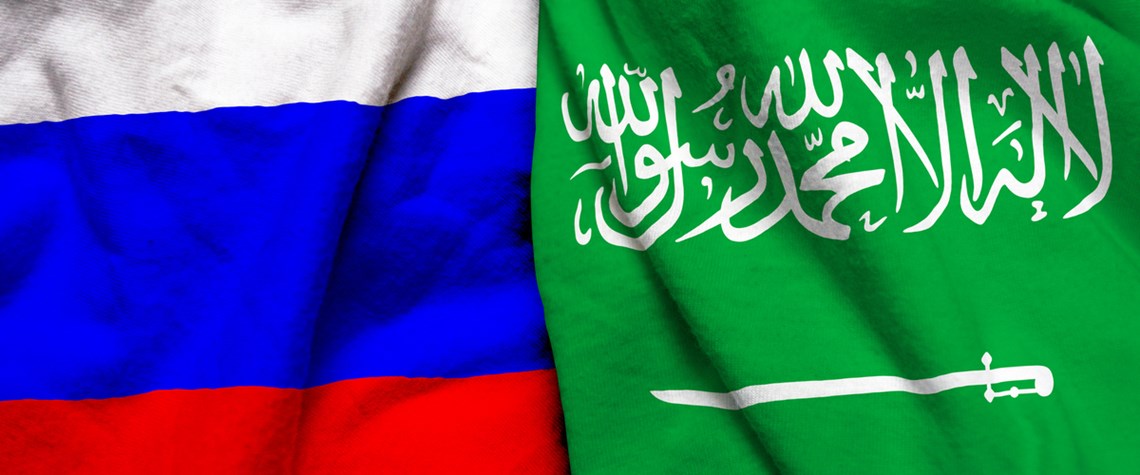Russia’s hand: weaker than it seems
The devaluation of the rouble has been seen as insulating Russia during any sustained price war. But it may not be sitting as comfortably as thought
That Russia, and indeed Opec members, seriously underestimated the demand-side impact of Covid-19 when they walked away from the negotiating table in March and committed to unconstrained supply is beyond question. But the received wisdom that Russia—due to currency weakness better supporting its margins while the dollar price of oil falls—is better placed to weather a drawn-out battle of attrition may be less clear-cut. And it may influence Moscow’s negotiating position tomorrow. When it walked away last month, Moscow believed it had the coronavirus outbreak under control and hoped that the world—or at least the parts that generate the most oil demand—did too. It was wrong. Now Russian presi

Also in this section
25 July 2025
Mozambique’s insurgency continues, but the security situation near the LNG site has significantly improved, with TotalEnergies aiming to lift its force majeure within months
25 July 2025
There is a bifurcation in the global oil market as China’s stockpiling contrasts with reduced inventories elsewhere
24 July 2025
The reaction to proposed sanctions on Russian oil buyers has been muted, suggesting trader fatigue with Trump’s frequent bold and erratic threats
24 July 2025
Trump energy policies and changing consumer trends to upend oil supply and demand








